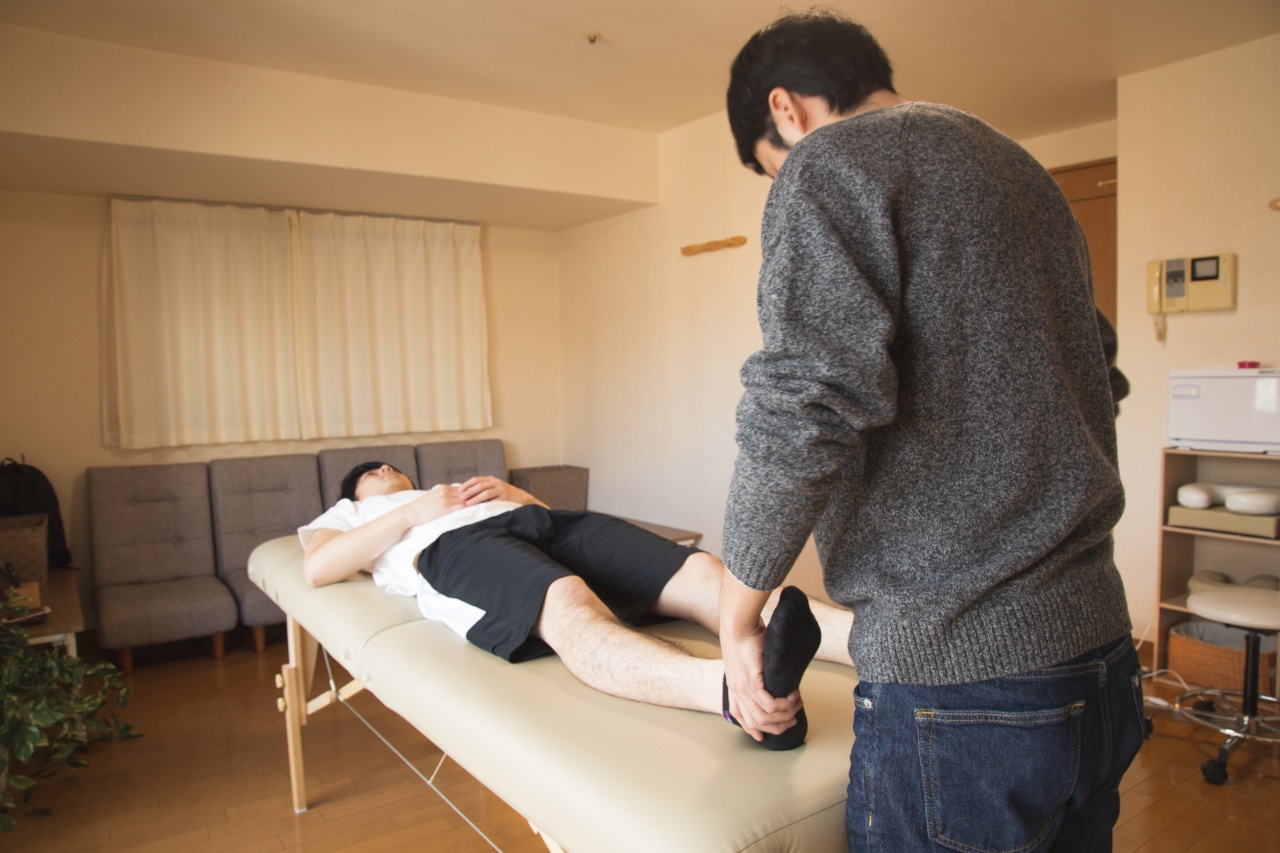Eczema is a common skin condition that affects millions of people worldwide. It is characterized by dry, itchy, and inflamed skin that can be quite uncomfortable and disruptive to everyday life.
While there are many different factors that can contribute to the development of eczema, finding physical solutions to alleviate the symptoms can provide much-needed relief. In this article, we will explore various strategies to stop the itching and promote healing for individuals suffering from eczema.
1. Moisturize Regularly
One of the most important steps in managing eczema is keeping the skin moisturized. Choose a gentle moisturizer specifically formulated for sensitive skin and apply it to your skin at least twice a day.
Look for moisturizers that contain ingredients like ceramides, hyaluronic acid, or glycerin, as these help to lock in moisture and restore the skin’s natural protective barrier.
2. Avoid Harsh Soaps and Detergents
Many conventional soaps and detergents can strip the skin of its natural oils, making eczema symptoms worse. Opt for gentle, fragrance-free cleansers and laundry detergents that are specifically designed for sensitive skin.
These products are less likely to cause irritation and can help prevent further dryness and itching.
3. Take Short, Lukewarm Baths or Showers
Long, hot showers can exacerbate eczema symptoms by drying out the skin. Instead, limit your bath or shower time to 10-15 minutes and use lukewarm water. Hot water can strip the skin of its natural oils, leading to increased dryness and itching.
After bathing, gently pat your skin dry with a soft towel and apply moisturizer immediately to lock in moisture.
4. Choose Soft, Breathable Fabrics
The clothing you wear can have a significant impact on your skin’s comfort. Opt for soft, breathable fabrics like cotton or bamboo, which allow air to circulate and prevent excessive sweating.
Avoid rough or scratchy materials like wool, as they can irritate the skin further and trigger eczema flare-ups.
5. Keep Nails Short
Although it may seem unrelated, keeping your nails short can help prevent you from scratching and causing further damage to your skin. Scratching can break the skin’s surface, leading to potential infections and worsening of eczema symptoms.
If you struggle with scratching during sleep, consider wearing gloves or using cotton bandages on affected areas to prevent subconscious scratching.
6. Use Cold Compresses for Itchy Flare-Ups
If you experience a particularly itchy flare-up, applying cold compresses to the affected area can provide temporary relief. Wrap a few ice cubes in a soft cloth and gently press it against the itchy skin for a few minutes.
The cold temperature helps numb the area and alleviate itching.
7. Avoid Triggers
Eczema triggers can vary from person to person, but common culprits include certain foods, allergens, stress, and extreme temperatures. Keep track of your eczema flare-ups and try to identify patterns or triggers that may be worsening your symptoms.
Once you pinpoint these triggers, make an effort to avoid them or take necessary precautions to minimize their impact.
8. Apply Topical Steroids or Anti-inflammatory Creams
In cases of moderate to severe eczema, topical steroids or anti-inflammatory creams prescribed by a dermatologist can be effective in reducing inflammation and itching.
However, these medications should only be used under medical supervision and for the prescribed duration. Follow your dermatologist’s instructions carefully to avoid any potential side effects.
9. Try Wet Wrap Therapy
Wet wrap therapy is a technique that involves applying moisturizer to the affected skin and then wrapping it with a damp layer of clothing or bandages. This helps lock in moisture and soothe the skin.
Wet wrap therapy can be particularly beneficial during severe eczema flare-ups and can provide relief throughout the night.
10. Seek Professional Help
If your eczema symptoms persist or worsen despite trying various physical solutions, it is essential to seek professional help from a dermatologist or allergist.
They can assess your condition, provide a proper diagnosis, and recommend a personalized treatment plan that suits your specific needs.






























